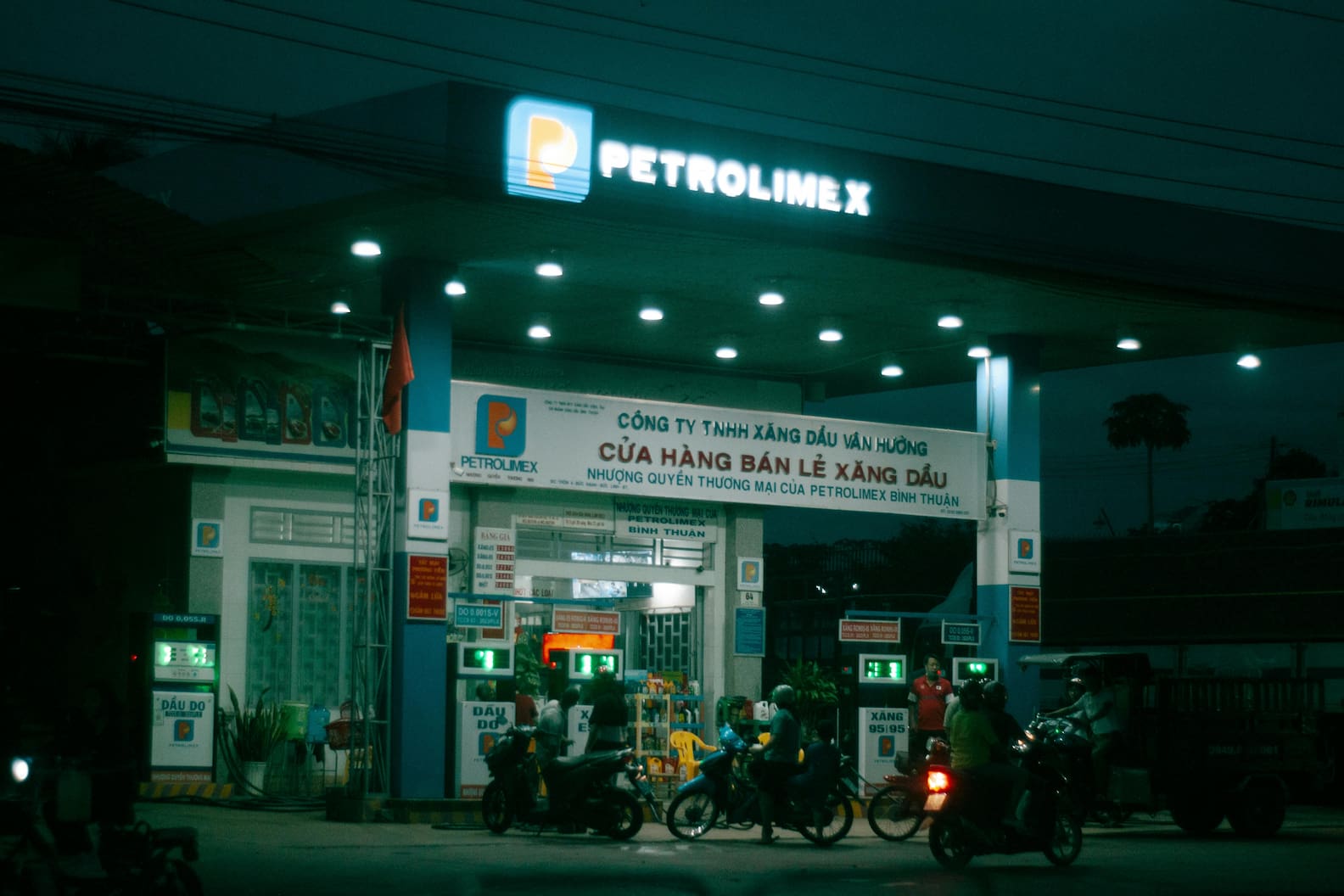Dr Chung says: “In the short term, the government can provide targeted support to vulnerable groups and key sectors.”
Temporarily reducing environmental taxes and import duties on fuel can help ease retail prices, while bolstering the petroleum price stabilisation fund would allow authorities to smooth out sudden price hikes. Direct assistance, such as cash transfers or fuel vouchers, should be directed to low-income households, farmers, and transport workers who are disproportionately affected. Similarly, offering tax breaks to fuel-intensive sectors like logistics and fisheries could help offset rising input costs.
“To avoid placing further financial pressure on businesses during volatile times, the government should also consider delaying the implementation of new tax policies or regulatory fees across the wider business community,” says Dr Chung. He explains that this would provide firms with breathing space to adapt and manage rising operational expenses without the added burden of policy changes.
On the monetary side, the State Bank of Vietnam should maintain a cautious stance, balancing inflation control with the need to sustain growth. Ensuring access to affordable credit for small businesses grappling with energy costs is crucial. Meanwhile, temporary price controls on essential goods and services, such as public transport and basic food items, could help contain second-round inflationary effects.
Dr Chung says that in the long run, structural reforms are vital.
“Diversifying energy sources by accelerating the adoption of renewables such as solar, wind, and biomass, will reduce Vietnam’s dependence on imported oil.”
Improving energy efficiency and promoting electric vehicles can also help mitigate demand-side pressures. Expanding domestic oil exploration and building strategic petroleum reserves would strengthen energy security.
“Finally, investing in public transport systems and urban infrastructure can reduce long-term fuel consumption,” Dr Chung concluded.
Story: June Pham






